Portola, California, is a former railroad town in a northeastern pocket of the state called the Lost Sierra. A 50-minute drive north of Reno, this area is rich with natural beauty: Beckwourth Peak lies just south of town, the Middle Fork Feather River—a national wild and scenic river—flows alongside the town flanked by a bike path, and Lake Davis, known for expansive alpine meadows and world-class fishing and hunting, is only seven miles to the north.
But this town has suffered economic loss in the last 30 years. Located in Plumas County, one of three California counties that have lost population in the last 15 years, according to a 2016 report by the U.S. Department of Commerce, Portola is dotted with rundown homes and closed businesses. Greg Williams, the co-founder and executive director of the Sierra Buttes Trail Stewardship (SBTS), passes the empty buildings every day when he drives his kids to school.
“Portola used to have working families with good paying jobs,” says Williams, 46. As the executive director of SBTS, Williams employs 40 staff members who mostly live in Plumas and Sierra counties. Their mission is to build trails, which grow recreation, which spurs the economy. “Ever since Union Pacific moved jobs to Reno and the timber industry suffered, Portola lost a generation of working families. Our goal is to bring those working families back.”
One way Williams and the SBTS are bringing people back to the Lost Sierra: cycling events. Last year, the SBTS made a $1.7 million impact in both counties, which includes the wages it pays employees and the business it brings locally through events and trail maintenance.
On June 2, Williams and the SBTS hosted 1,300 riders at Lake Davis for the annual Lost and Found Gravel Grinder, an adventure race that takes participants on pavement, dirt road, gravel road and railroad grade. There are three courses: 45 miles, 65 miles and 100 miles. This year, the latter—80 percent dirt and equal parts pleasure and pain—traversed a swath of national forest to remote, quiet Antelope Lake at elevation 5,000 feet, climbing a total of 7,500 feet. Williams and the SBTS started the event four years ago with an intrepid group of 200 riders looking for a big day of adventure on the bike. Thanks to breathtaking scenery and endless dirt roads in Plumas National Forest, along with a laid-back, family friendly vibe, the Lost and Found has grown exponentially and quickly.
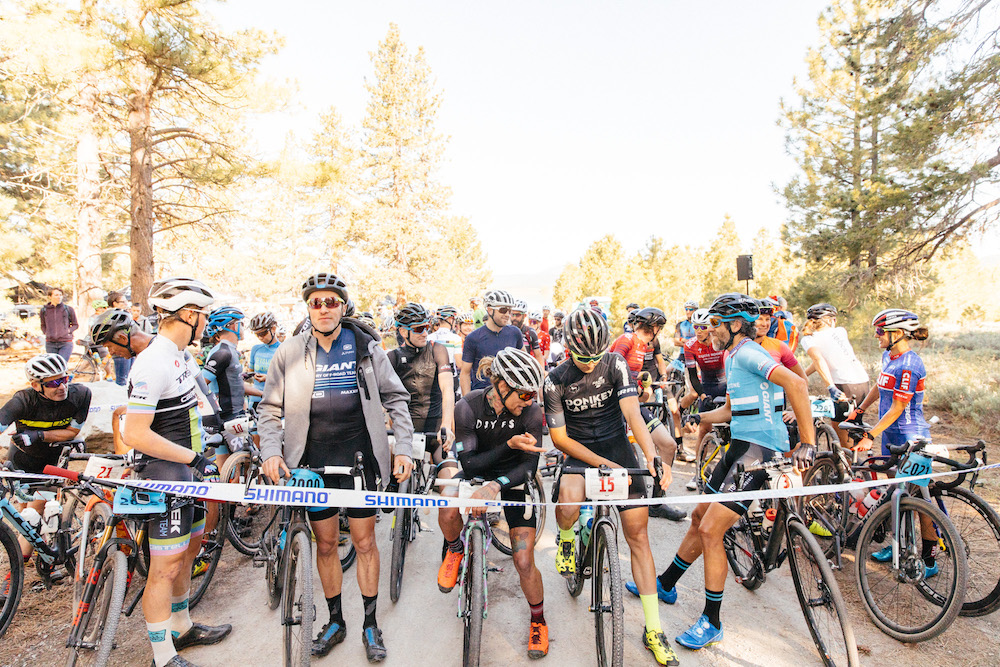
Photo Credit: John Watson/TheRadavist.com
The course changes every year—one reason why Lost and Found always sells out. Williams, who has a long, thick beard down to his chest that helps him look the part of a Sierra mountain man, spends weeks on his dirt bike exploring hundreds of miles of dirt roads between Portola and Susanville to map the different routes. Regardless of how big the Lost and Found gets, it’s never too formal. There are no celebrity headliners, no contrived endorsements and no fancy accommodations. Most of the participants camp and bring their families.
“It’s not enough for us to just attract tourists, because tourism alone can’t save our communities,” said Williams. “We need people who love the outdoors to move here with a skill or a trade, providing an asset to their community.”
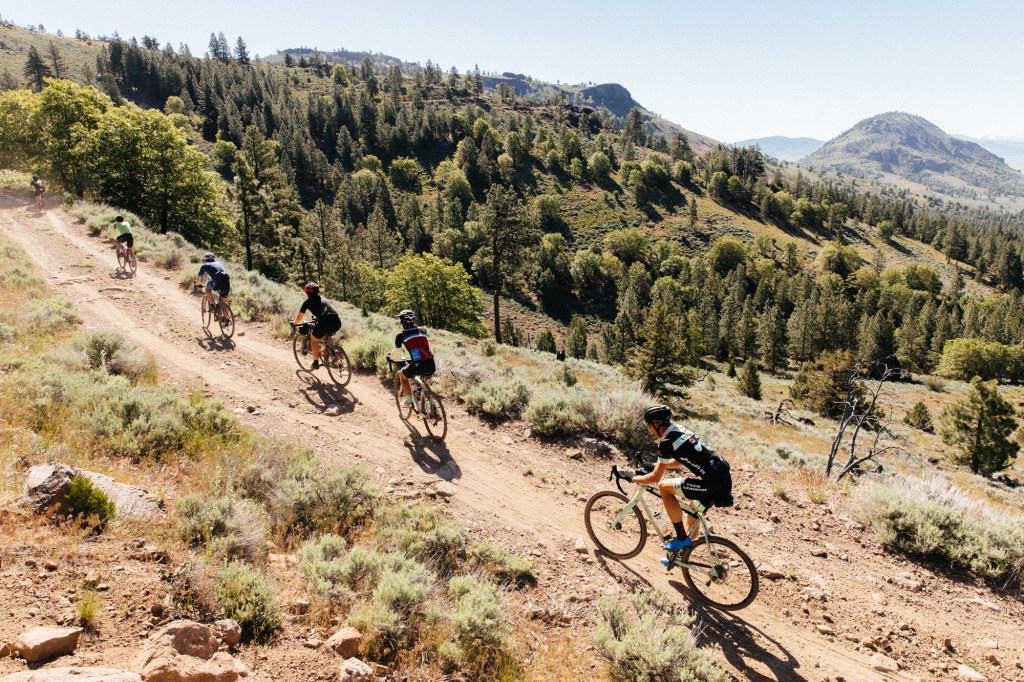
Photo Credit: John Watson/TheRadavist.com
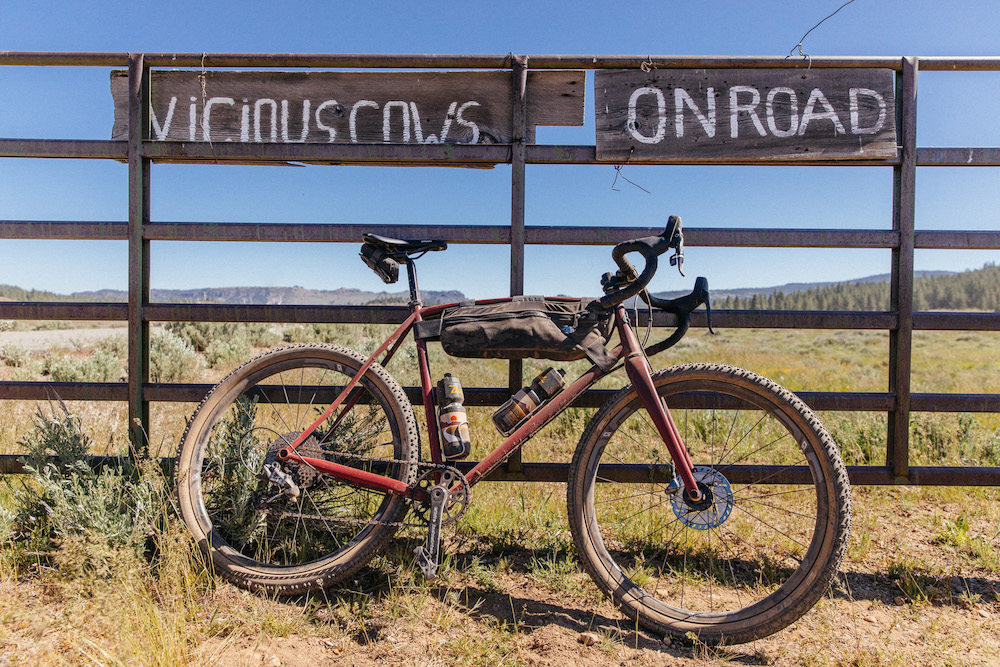
Photo Credit: John Watson/TheRadavist.com
For Williams, keeping his family in the mountains is as much a personal mission as it is the bigger mission of SBTS. His connection with the the Lost Sierra goes back to his father’s heritage with the Miwok, a Native American tribe that guided 1849 Gold Rush prospectors through the Sierra Nevada. On his mother’s side were eastern Sierra Nevada ranchers. Williams is a first generation recreationalist. In the early 1990s, he started a mountain bike shop and touring company called Yuba Expeditions that led bikers on day trips from Nevada City to Downieville.
“I got approved for a credit card with a $10,000 limit,” said Williams. “I immediately went into debt, buying a van with some bike racks and started a touring company.”
In addition to the touring business, Williams and his wife, Heather, also managed the legendary mountain bike race, the Downieville Classic. His momentum was growing, but in 2003, the Forest Service lost its funding to maintain trails in the Downieville region. In response, Williams and three friends founded the SBTS to step in and keep the trails open. Yuba Expeditions and the Downieville Classic were two of the nonprofit’s original sources of funding, and they still are, along with the Lost and Found and Grinduro events, as well as membership fees and grants, including ones from REI. Over the last decade, REI has awarded SBTS 10 grants totaling $115,000 to protect sensitive habitat while providing recreational opportunities for trail users of all types, motorized and non-motorized. Last year alone, SBTS welcomed more than 600 volunteers to maintain 152 miles of existing trail and build 13 miles of new trail in Plumas, Lassen and Tahoe National Forests.
“It’s been a complete rollercoaster ever since I started the touring company,” said Williams. “But along the way we’ve built a tribe of folks who understand how recreation can be used as an asset to keep working families in mountain communities.”
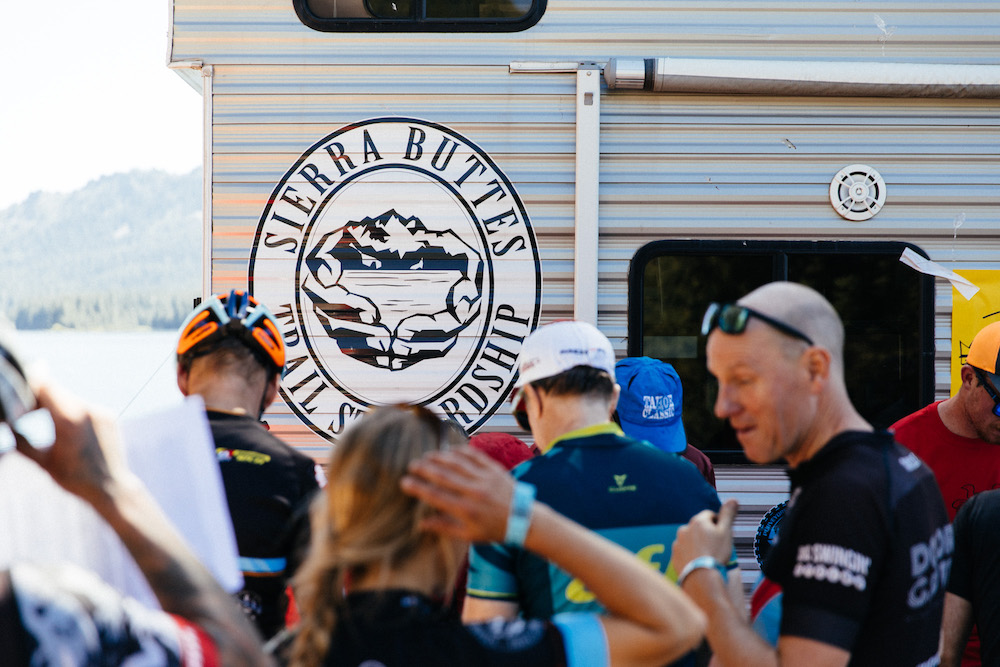
Photo Credit: John Watson/TheRadavist.com
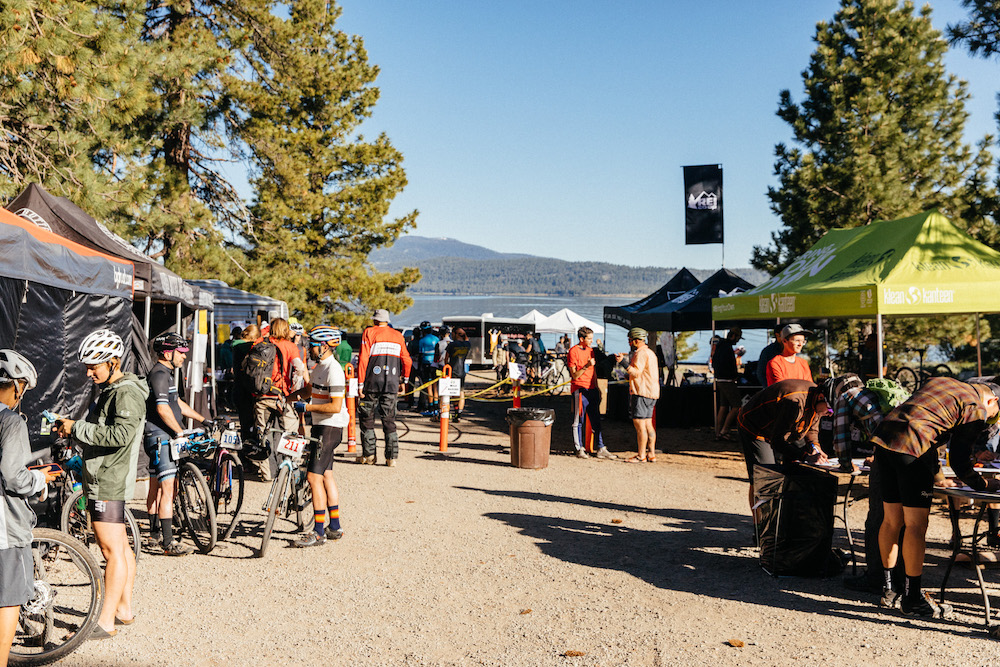
Photo Credit: John Watson/TheRadavist.com
After the last riders finished the course, the after-party kicked off in Portola’s city park. Next to the food trucks and beer garden, kids set off on their own race while the adults got down with some live music from funk band Jelly Bread. SBTS volunteers were also selling raffle tickets for a give-away of four custom handmade gravel bikes. Williams beamed as he mingled with the community and out-of-town participants.
“This is what it’s all about,” said Williams. “Taking people to beautiful places with a real backcountry adventure, then celebrating together as a community afterward with good times and great music.”
To learn more about the SBTS and how to get involved with volunteering and events, click here. Upcoming SBTS-sponsored events include the Downieville Classic on August 2–5 and the Grinduro on September 29.
